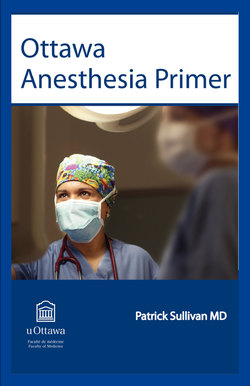Читать книгу Ottawa Anesthesia Primer - Patrick Sullivan - Страница 32
На сайте Литреса книга снята с продажи.
Current Medications and Allergies:
ОглавлениеIt is important to obtain a detailed list of the patient’s current and recent medications (including all herbal medications) and to note all allergies to drugs. The nature of any adverse reaction should be documented, including the circumstances under which it occurred (e.g., rash, hives, anaphylaxis). Many “allergies” are simply drug side effects, such as nausea and vomiting or pruritus. True allergies to “anesthetic medications” are unusual. Document a careful history of the reaction, and if available, review past medical and anesthetic records.
Particular attention should be paid to cardiovascular and respiratory medications, narcotic analgesics, steroids, and anticoagulants. As a general rule, all medication should be taken with sips of water up to and including the day of surgery. Exceptions to this may include anticoagulants (coumadin, ASA, antiXa inhibitors, and many herbal medications), oral hypoglycemics, insulin (adjustment of the dose is needed on the day of surgery), angiotensin-converting enzyme (ACE) inhibitors, and older generation antidepressants (monoamine oxidase inhibitors, [MAOIs]). Review your local institutional preoperative medication policy.
